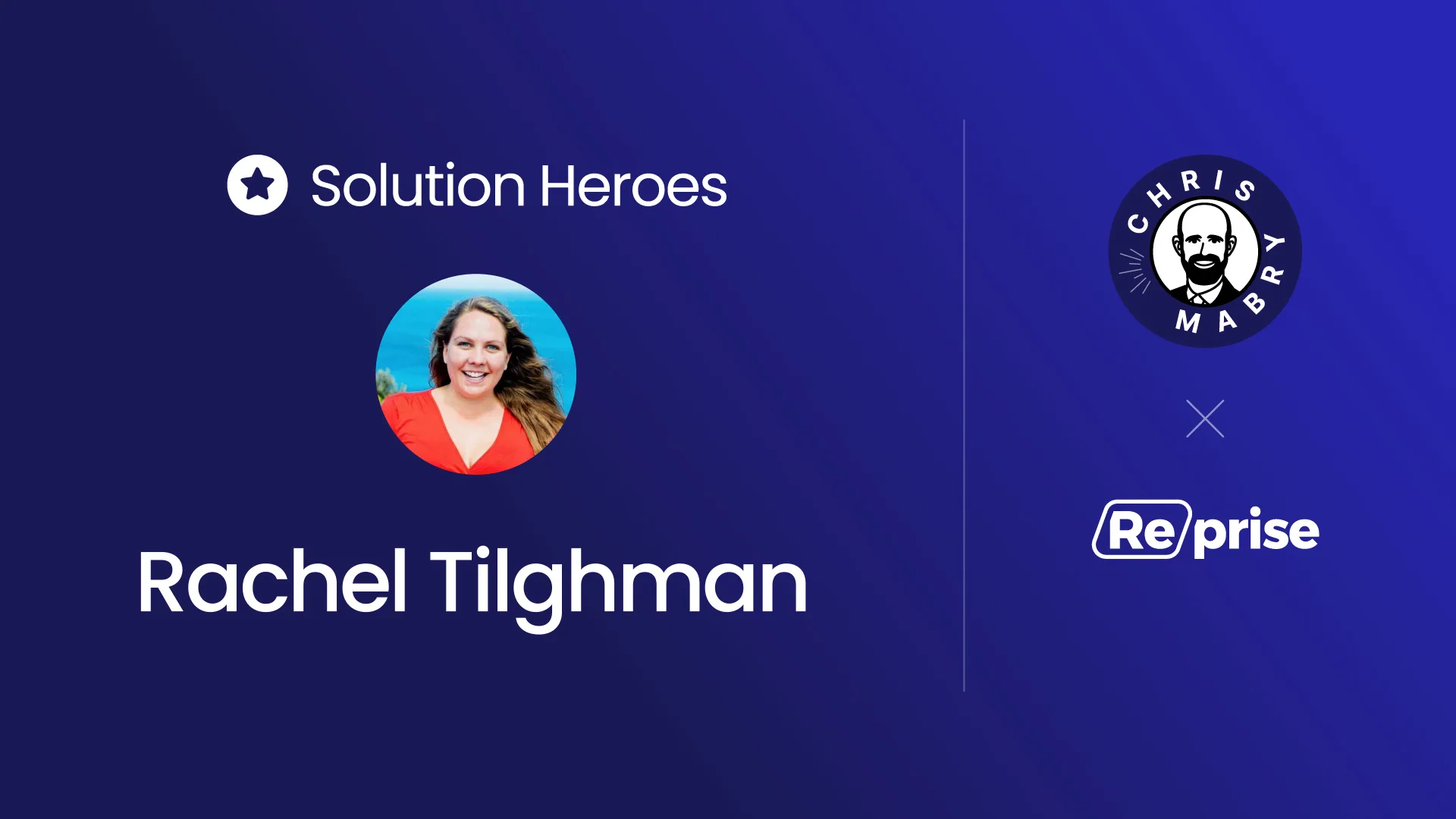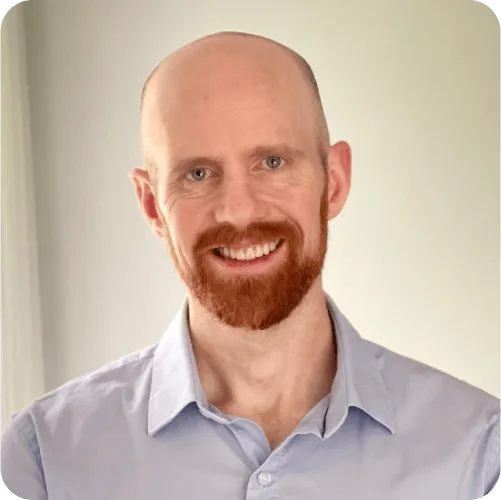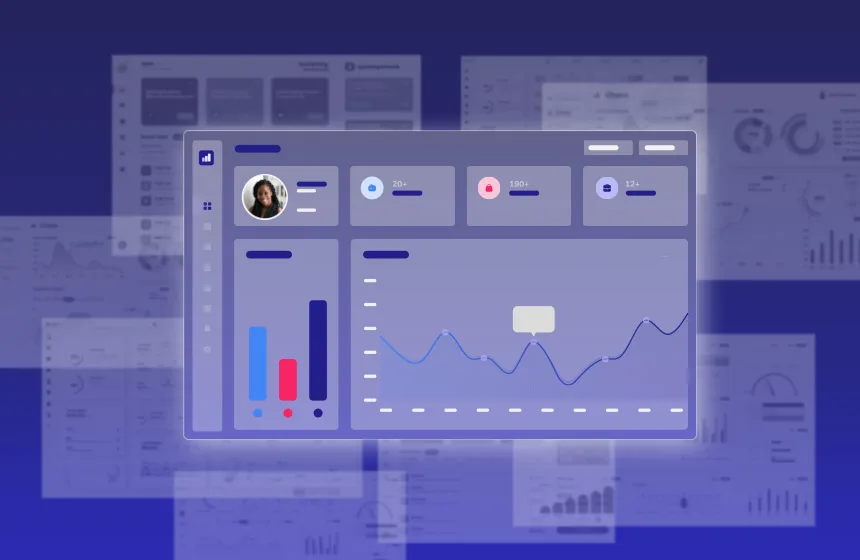Accelerate deals and increase win rates with the leading enterprise AI demo platform.
Solution Heroes: Rachel Tilghman on Change, Consensus, and the Future of Solutions Consulting

September 2, 2025
Table of Contents
In our latest Solution Heroes conversation, I had the pleasure of speaking with Rachel Tilghman, Senior Area Vice President of Solution Consulting Americas at Braze. Rachel has helped steer one of the most innovative presales organizations in the industry, balancing change management, customer-centric design, and the evolving role of AI.
What stood out most wasn’t just her perspective on how to scale a Solutions Consulting team, but her clarity on how leaders can guide change while still taking care of their people. Read on for some key takeaways from our discussion.
The Next Evolution of Buying
Rachel believes we’re on the cusp of a new sales methodology. Buyers today are deeply informed, constantly experimenting with tools, and expect immediate validation. As she put it, “The trusted advisor component has flipped upside down — for the better.”
For SEs, this means adapting quickly, embracing curiosity, and focusing less on presenting and more on validating what customers already know.
Change Management as a Leadership Superpower
At Braze, Rachel has navigated big organizational shifts. Her approach is refreshingly scientific:
- Define the problem clearly. Does everyone agree on it?
- Build credibility so people trust the decision.
- Have the courage to execute and be willing to iterate if you’re wrong.
She treats org design like an experiment: test, measure, refine. And at the core, she reminds us: “Good change management takes care of people.”
Measuring What Really Matters
Traditional lagging indicators (like closed-won revenue) don’t tell the full story for SEs. Rachel pushes her team to measure leading indicators: meeting objectives hit, level of engagement, and whether one meeting opens doors to more conversations.
Success, she argues, isn’t just waiting 18 months for an enterprise deal to close — it’s about winning the right battles along the way.
The Multi-Dimensional SE
What makes Braze unique is the variety of audiences SEs must engage with: technical teams, business executives, and creative marketers. That requires what Rachel calls a left brain/right brain approach to balance technical expertise with creativity and strategic storytelling.
It also means building teams that can flex into all three worlds, ensuring that no SE is only technical or only creative.
AI as a Tool, Not a Replacement
While AI is deeply embedded in Braze’s workflows, Rachel is clear-eyed about its limits: AI may eventually automate demos, but it can’t replace validation, consensus building, and human trust.
Her team experiments broadly, leveraging ChatGPT, Claude, Gemini, and in-house tools, but always with a disciplined focus on scalability and impact.
Creating Community Through Enablement
One of Rachel’s most tactical innovations has been Mic Drop Meeting office hours — weekly sessions where SEs workshop real customer meetings. The goal: show what “good” looks like in practice, from openings to closes, and share replicable plays across the organization.
The result? Hundreds of SEs and AEs now have a shared playbook that scales best practices across the business.
The Bigger Picture
Rachel framed the evolution of SEs in one word: consensus-building. In a noisy, automated world, SEs have the unique ability to connect stakeholders, validate decisions, and shepherd buyers through moments of crisis with empathy and clarity.
Her vision challenges us to think bigger: SEs aren’t just demoing solutions — they’re guiding organizations toward better decisions, one conversation at a time.
Key Takeaways
- Buying has changed: Customers are more informed, empowered, and expect validation, not just education.
- Change management is a core element of leadership: Treat reorgs and decisions like experiments, but never forget the people.
- Measure leading indicators: Success in Solutions Engineering isn’t just revenue, it’s meetings that open doors and progress deals.
- SEs must be multi-dimensional: Bridging technical, business, and creative worlds makes you indispensable.
- AI enhances, humans validate: Automation may demo, but trust, consensus, and empathy remain human work.
- Enablement creates culture: Sharing what “good” looks like builds consistency and influence at scale.
Want to catch the full Solution Heroes interview? Watch the episode here.






